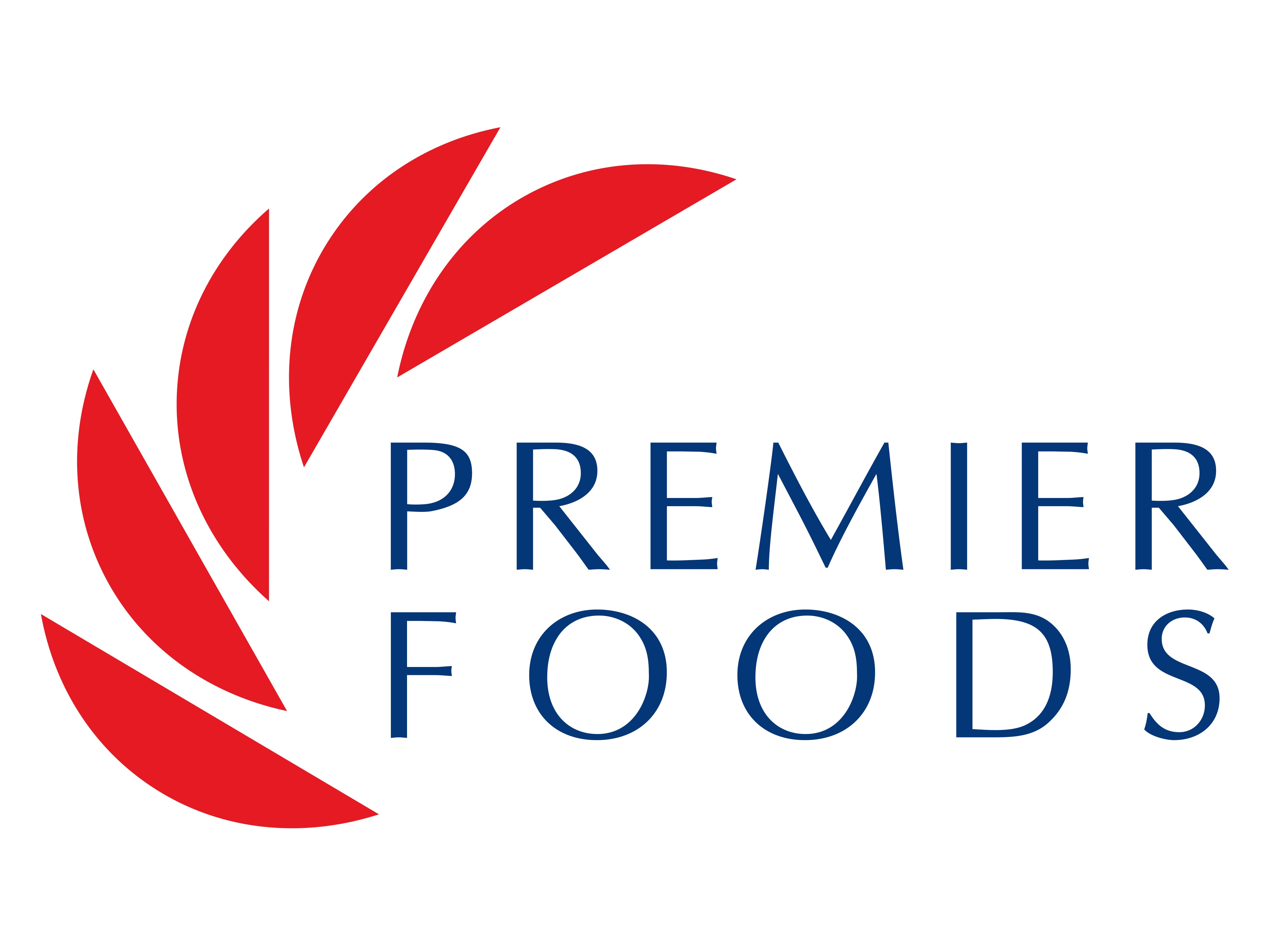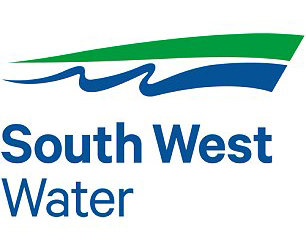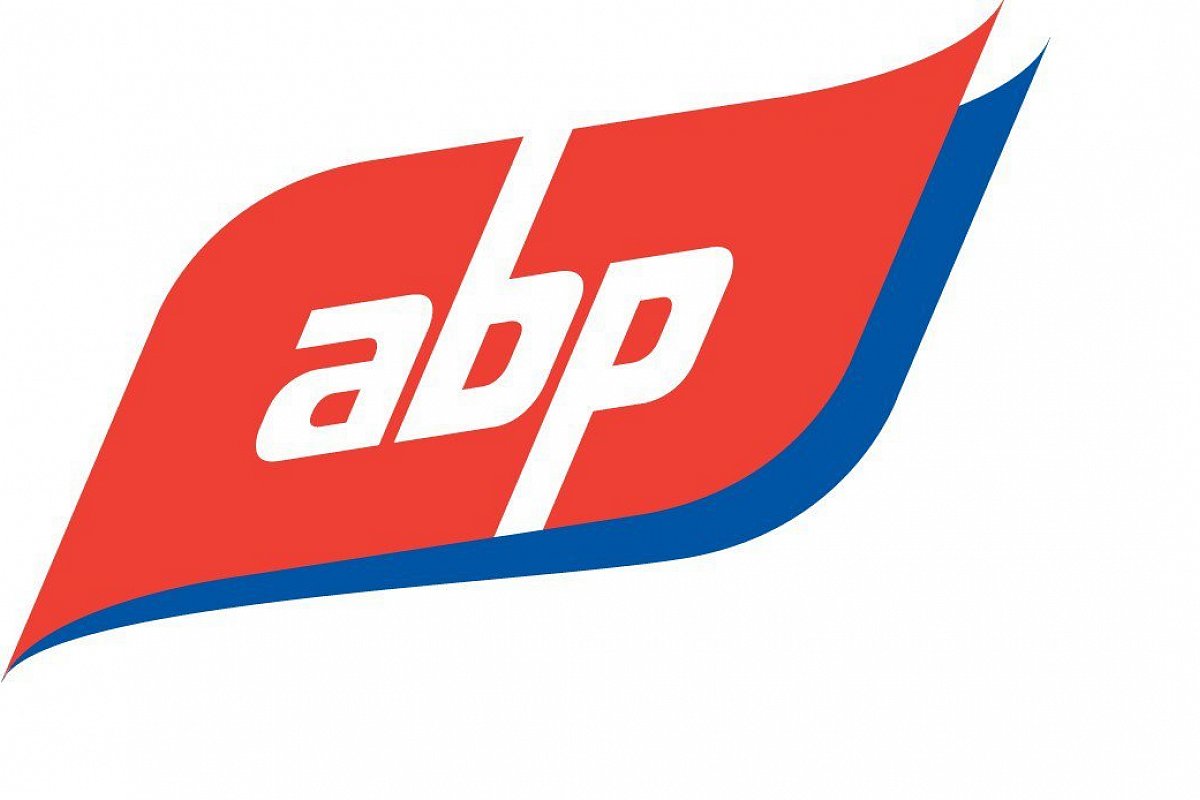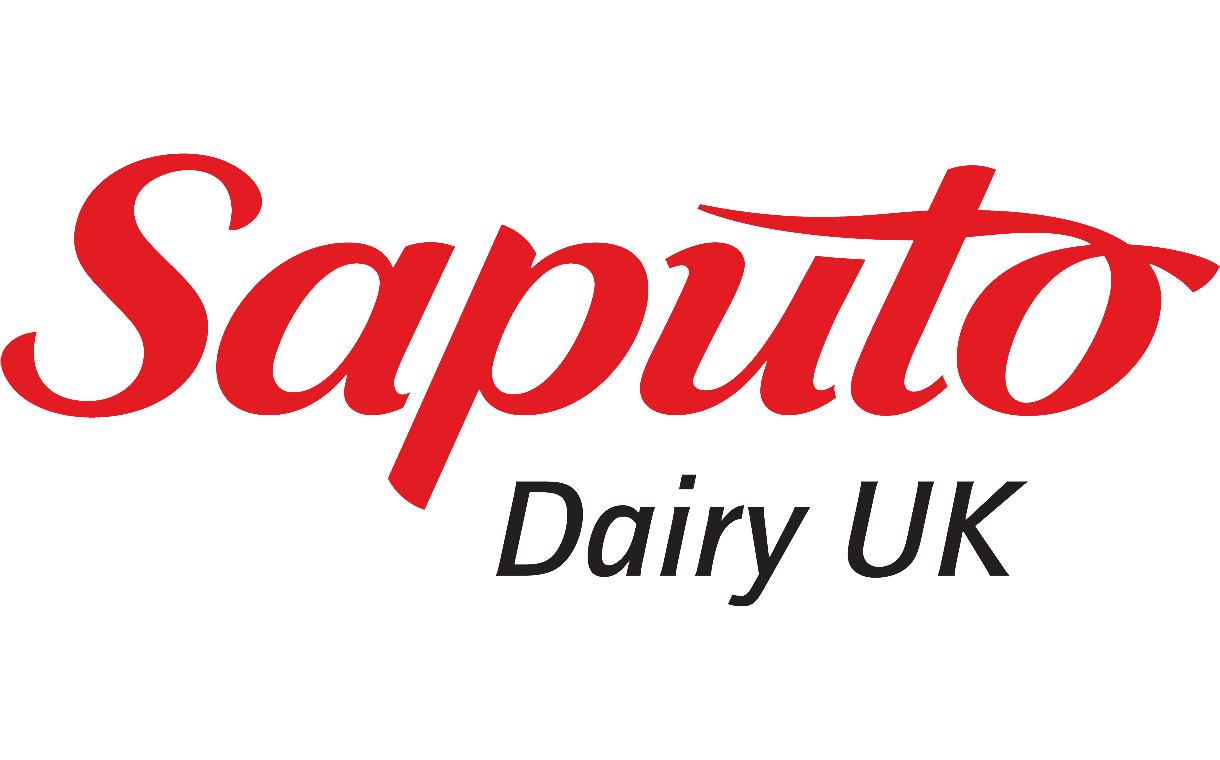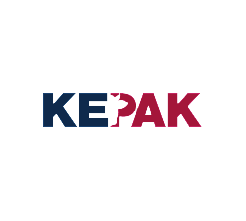“Seeing the passion and commitment from those involved is encouraging. By taking part, companies can show their commitment to support the natural world that helps them stay in business.”
The Tamar Water Stewardship Business Board (TWSBB) is made up of companies from the food and drink sector who work in collaboration with Westcountry Rivers Trust to achieve an efficient and effective approach to greater sustainability in our supply chains.
These Tamar catchment-based TWSBB members have a passion for looking after the local natural resources they rely on. They recognise the state of our environment influences levels of production and therefore also the risk of disruption.
Our ambition is to improve supply chain management for greater sustainability and productive growth, while supporting healthy ecosystems.
By highlighting environmental conditions, reliance on natural capital and how to evaluate impacts such as whole supply chains from producer to consumer help to achieve this.
The current membership of the Tamar Water Stewardship Business Board includes ABP, Kepak, Premier Foods, Saputo Dairy UK, Arla, and South West Water.
We operate as a technical secretariat, providing local input, technical knowledge and practical experience.
Created in 2017, the TWSBB is raising greater awareness among key stakeholders to grow its membership.
Although focusing on the River Tamar catchment initially, we plan roll out opportunities for involvement across the South West.
Resources & Case Studies
Click on the links to access our TWSBB resources and/or case studies.
Courtauld 2030
The TWSBB is now engaged in the Courtauld 2030 programme.
This is a voluntary agreement that enables collaborative action across the entire UK food chain to deliver farm-to-fork reductions in food waste, greenhouse gas (GHG) emissions and water stress that will help the UK food and drink sector achieve global environmental goals.
You can find out more at:
Courtauld 2025
Many of the Business Board are also signatories to the Courtauld Commitment 2025 (referred to as Courtauld 2025).
This is a voluntary agreement between the charity Waste and Resources Action Programme (WRAP) and well-known retailers and brands to work together to make food and drink production, and consumption, more sustainable.
This helps all involved reduce food waste, greenhouse gas emissions, and water impacts.
Visit wrap.org.uk to find out more.
In 2019, the Business Board’s Tamar Project Plan was officially recognised as one of the Courtauld 2025 Water Ambition pilot projects.
It has been listed in the COURTAULD 2025 WATER AMBITION: PROGRESS REPORT
Feeding into the Courtauld 2025 water ambition is part of the Business Board’s long-term ambition to expand activity on a broader scale, and grow and gain momentum.
Taking part helps the Board gain recognition, traction, and support as a result.
The pilot areas in the UK ensure regular communication between each of the local Rivers Trusts to help build knowledge, gain experience and share best practice on activity – despite differing local conditions, the engagement across sectors has led to some significant progress and support from which to build on.
You can read more about the Courtauld Commitment 2025 Water Ambition at www.wrap.org.uk/content/courtauld-2025-water-ambition
The TWSBB Story
We initially worked with Business in the Community (BITC), a Prince’s Trust organisation, to assess interest in establishing a group based on the Tamar catchment from 2016.
This identified the area as not only a stronghold of agricultural activity but also a source for many food and drink producers.
Tourism is another major component of the rural economy; all these industries rely on healthy and functioning natural resources, ensuring that our soils, water, habitats and the working landscapes that we value continue to provide the services (sometimes termed ecosystem services; such as drinking water, food production or nutrient cycling) we require.
These sectors rely on these services in order to support their daily operations and to sustain or grow their businesses, but they may also inadvertently contribute to the degradation too.
This can be through overuse of resources, intensification, and tourism can impact on natural resources through high numbers of visitors to fragile habitats or increased seasonal demand e.g. water supply.
The initial Healthy Ecosystems project between BITC and us aimed to improve coordination between business, government and community stakeholders to strategically manage natural resources (Natural Capital) in a way that would allow productive growth and healthy ecosystems.
A group of businesses created a core membership to understand environmental management in catchment, what were the highlighted risks both to the environment and their supply chains as a result, to share knowledge and good practice, and to work towards a collaborative plan to enhance and protect the natural capital for future resilience. This was a BITC Water Taskforce project, which locally became the Tamar Water Stewardship Business Board.
COVID-19 update, events and new plans
COVID-19 circumstances meant some of our plans for 2020 had to be put on hold temporarily while we focused on the priority tasks of supporting our farmers and producers in challenging times.
Despite the restrictions, COVID-19 has brought into sharp focus the debate and interest in sustainability, food chains and the value of local, British produce, food standards and environmental matters as a result.
In context, how resilient are we to disruption to our food supply – are we to expect greater disruption in the face of climate change? How do we mitigate this to keep farm production and environmental conditions optimally balanced?
The Business Board had planned an open summer event for farmers, companies, the agri-industry and wider interests to showcase our ideas and activity, share our ambitions and grow awareness – this has been postponed.
However, we feel that our long-term goals to build greater resilience into our river catchments, which support profitable and sustainable farming, more robust supply chains from farmer to consumer, and a vibrant environment for all, remain absolutely relevant.
As one of the four Courtauld 2025 case studies – https://www.wrap.org.uk/content/working-together-protect-critical-water-resources – we aim to ensure businesses fully understand their reliance on freshwater in order to implement actions that reduce water stress (either its quality or supply) and enhance our natural environment.
In the Tamar, our three priority measures are to improve nutrient and manure management, soil health and boost biodiversity. We will continue to do so when safe and appropriate to re-engage.
Channel Payments for Ecosystem Services
In the Tamar, we have been able to link the Business Board activity with the Channel Payments for Ecosystem Services CPES) project.
This scheme is designed to investigate and support opportunities for alternative investment mechanisms in catchment management.
Through CPES, and its focus on the River Lyd catchment as part of the Tamar, we have been working with the Business Board to complete a risk mapping exercise based on data such as soil types, habitat cover or connectivity to watercourses, together with an evaluation of its current producer network (based on anonymised data).
This has led the Board to understand not only some of the local pressures in catchment as an example of the wider Tamar, but to recognise that collectively we have some engagement with approximately 50% of the farmers already, and hence the ability to connect and communicate with them at various levels.
The CPES project has run an online auction using the Environment Agency’s NatureBid platform.
This offered farmers and landowners the opportunity to bid for grant funded support for interventions across the Lyd catchment.
The funding behind this originated in part from Business Board members such as Premier Foods redirection of their Carbon offsetting donation to be used locally for strategic woodland planting.
We also understand that the Tamar Water Stewardship Business Board may not be a feasible option for all (especially SME’s).
As we welcome all enquiries from businesses seeking to work in collaboration, develop their support for environmental work and align with existing activity which reflects their ethos, we created the CPES Fund.
Initially, the fund will support work in Devon rivers Lyd (including Roadford Lake) and Gara.
This pilot scheme is developing a system to allow ‘buyers’ to make an investment or donation and ‘sellers’ to seek to use this investment.
This ‘transaction’ will support environmental improvements such as woodland management, soil husbandry and/or buffering.
Individuals or companies can contribute to existing local activity with tangible and sustainable local connections.
Find out more on our CPES Fund page.

